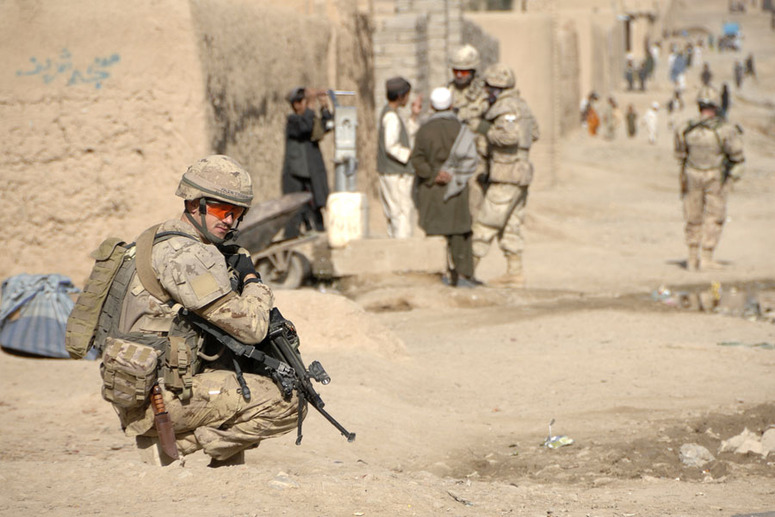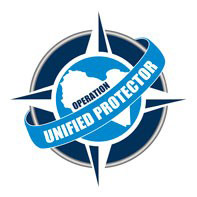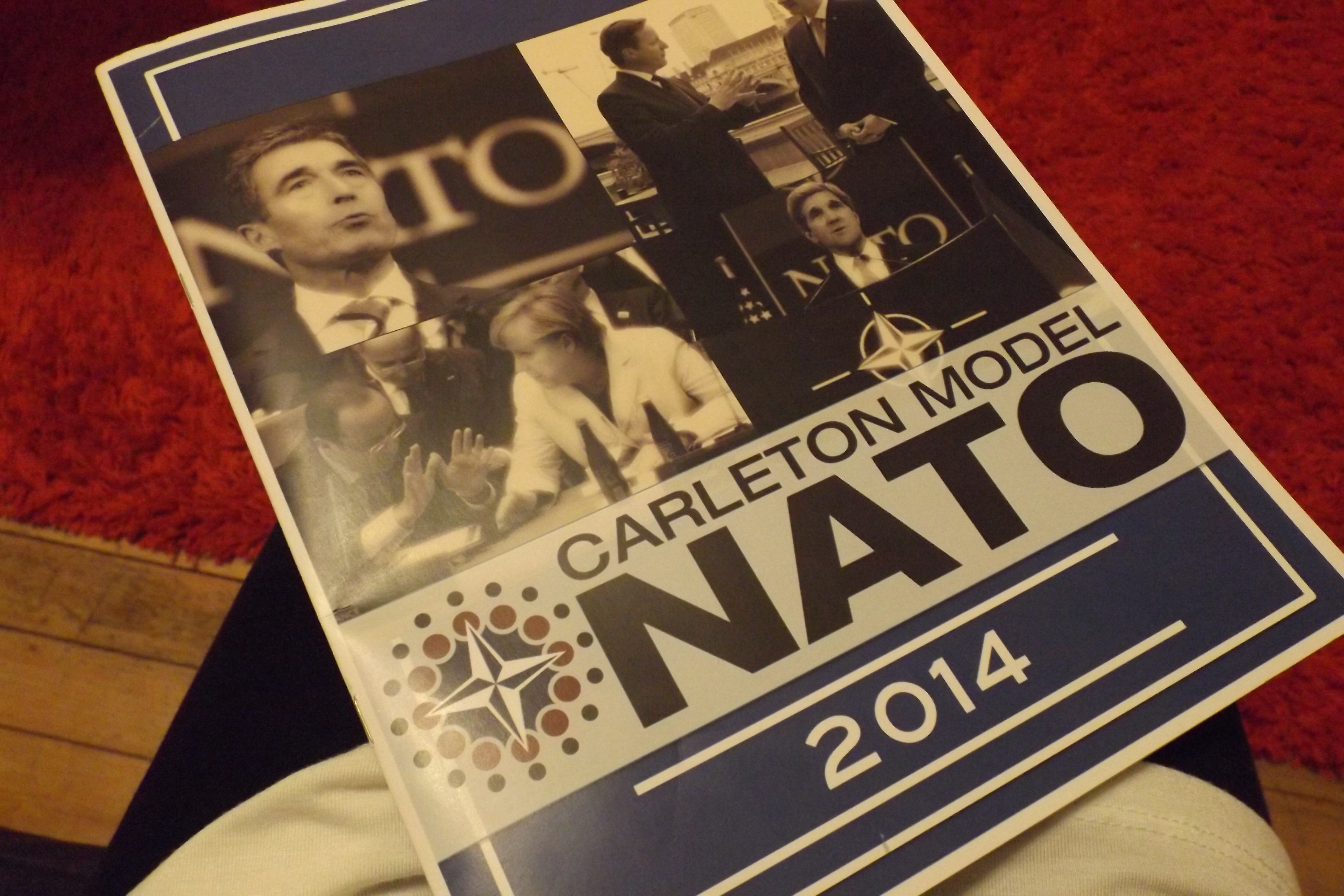In the wake of Russia’s annexation of Crimea and the ascension of the terrorist group known as Islamic State (IS), there has been much discussion in the international community- particularly from NATO- regarding how to appropriately address these security threats.
Amid these discussions, NATO members agree that committing to a possible long-term engagement in Iraq is less than desirable. Especially in the Middle East, NATO partners are reluctant to become embroiled in another mission without an end date. In the past decade, NATO’s experiences in both Afghanistan and Libya have shown that even with regional and international cooperation, success is not guaranteed. Indeed, some have argued that the NATO missions in Afghanistan and Libya demonstrate the pitfalls of doing too much or too little in an intervention. Both conflicts show that there is a fine line between success and failure when deciding on the longevity of a mission. It is this worry that plagues those states that are thus far reluctant to throw their support behind operations in Ukraine and Iraq.
Most recently during NATO’s Operation Unified Protector in Libya, the possibility of mission creep became a popular concern from international audiences. Mission creep refers to the extension of a mission beyond its initial objectives, and is often a concern when countries engage militarily in another region. Drawing from past experiences in Afghanistan and Somalia, the concern was that the operation in Libya would extend beyond its humanitarian objectives to include regime change. In Canada, several Members of Parliament expressed their hesitancy concerning Canadian military involvement. During initial debates concerning Canada’s involvement in Operation Unified Protector, the possibility of mission creep was raised; the same was true in the United States and the United Kingdom. The aftermath of Operation Unified Protector is also a warning sign to potential action in Iraq; not only did the mission extend beyond its initial objectives, but three years later the situation in Libya has only worsened. The fine line between too much action and too little action seems to be getting even narrower.
Regarding action in Iraq, Prime Minister Harper is reluctant to become heavily involved in extended operations, especially given the open-ended and ambiguous nature of the engagement. However, with the United States and other allies committing to action on the ground, the resources that Canada has already agreed to may be extended or redirected. Insisting that the Canadian soldiers in Iraq are there in an “advise and assist” capacity only, Prime Minister Harper continues to stress that Canada’s role in Iraq is, and will continue to be, minimal.
Following Operation Unified Protector, Minister of Foreign Affairs John Baird emphasized Canada’s ability to “punch above its weight” in international affairs. The Harper government repeatedly stressed Canada’s involvement in the operation, arguing that Canada’s contribution to the mission was an indication of a newer, militarily robust Canada. Now, the previous sentiment seems to be overshadowed by a reluctance to become involved in another conflict in the Middle East so soon after Afghanistan and Libya.
NATO Secretary General Anders Fogh Rasmussen is urging member states to pull their weight in the organization. Following this month’s NATO summit in Wales, Rasmussen stressed that NATO must “stand united as a force for freedom,” and that to do so, NATO must strengthen its collective defence, community of nations, and collective engagement.
Rasmussen welcomed action by the United States and other allies in Iraq, arguing that “demonstrating the political will” to use force when necessary requires not only action on the ground, but action at home as well in order to demonstrate a continuing commitment to NATO’s priorities and capabilities. Only four of 28 nations meet NATO’s expected rate of defence spending (2% of GDP), with Canada lagging behind at 1%. While there is little hope of this changing, there will continue to be demands for reform- with many member states doing just as much as they need to do in order to stay relevant.



